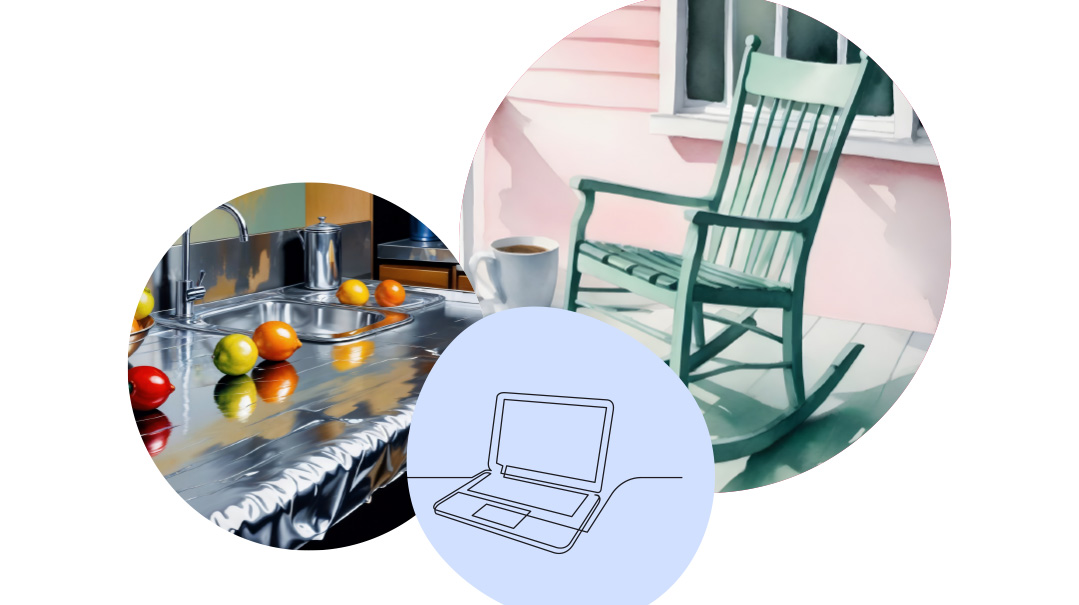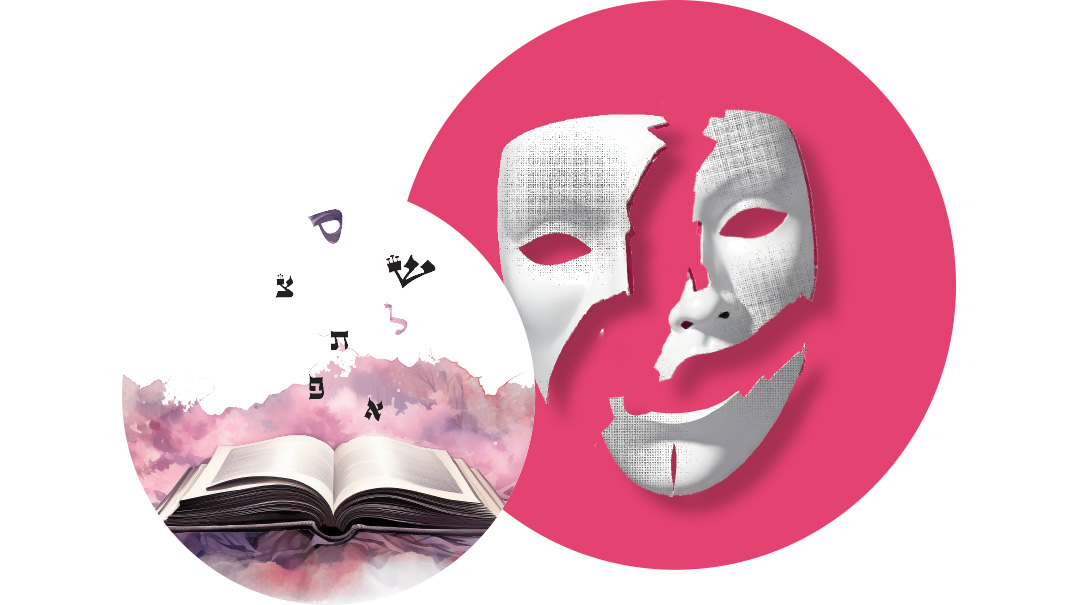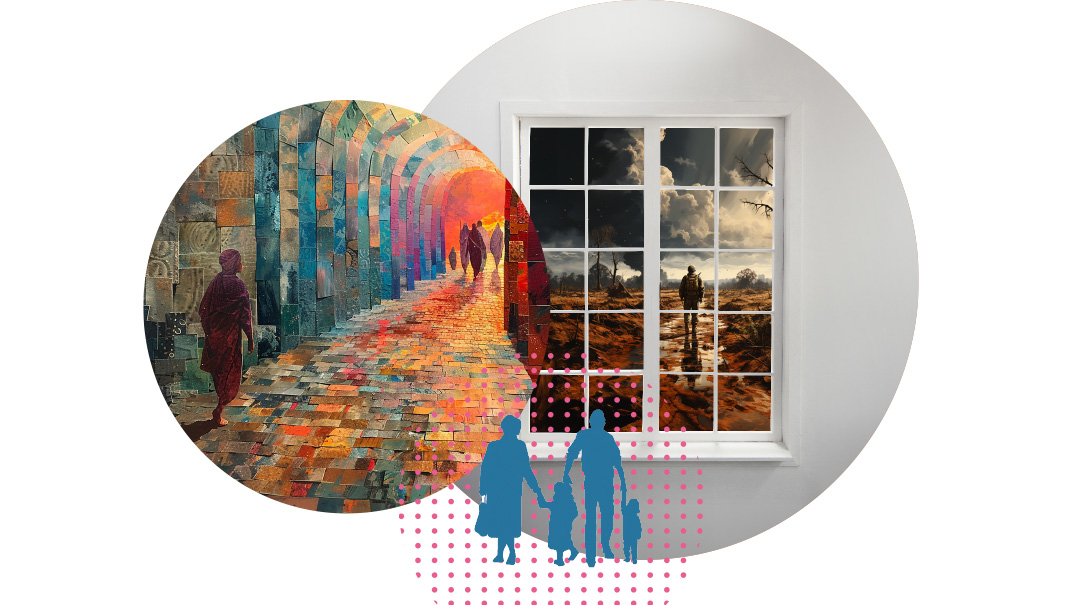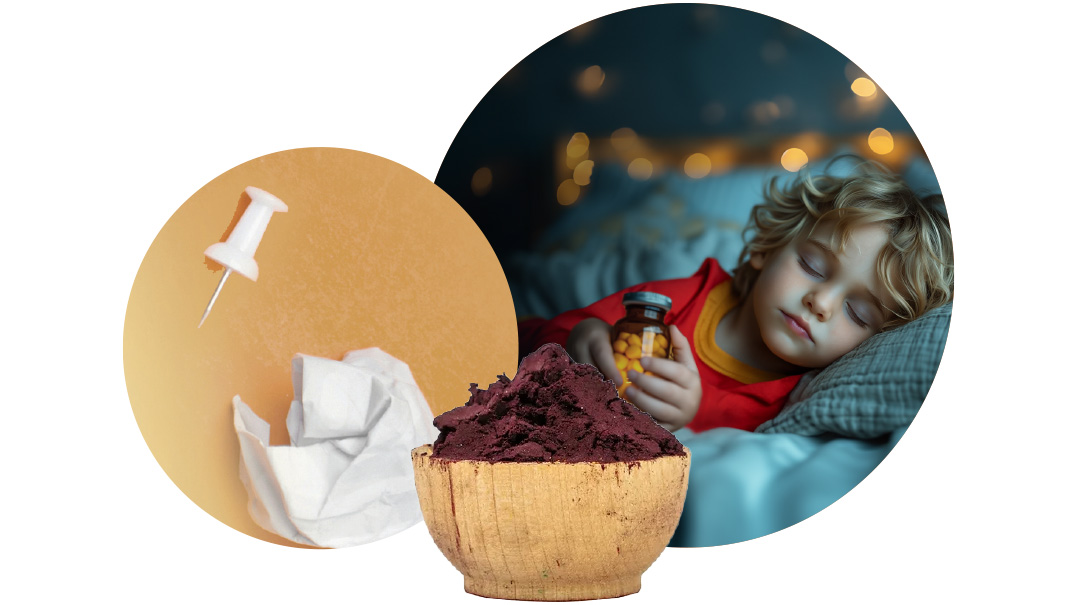Family First Inbox: Issue 808

“When you abuse someone physically, you hurt their body; when you abuse someone spiritually, you destroy their soul”
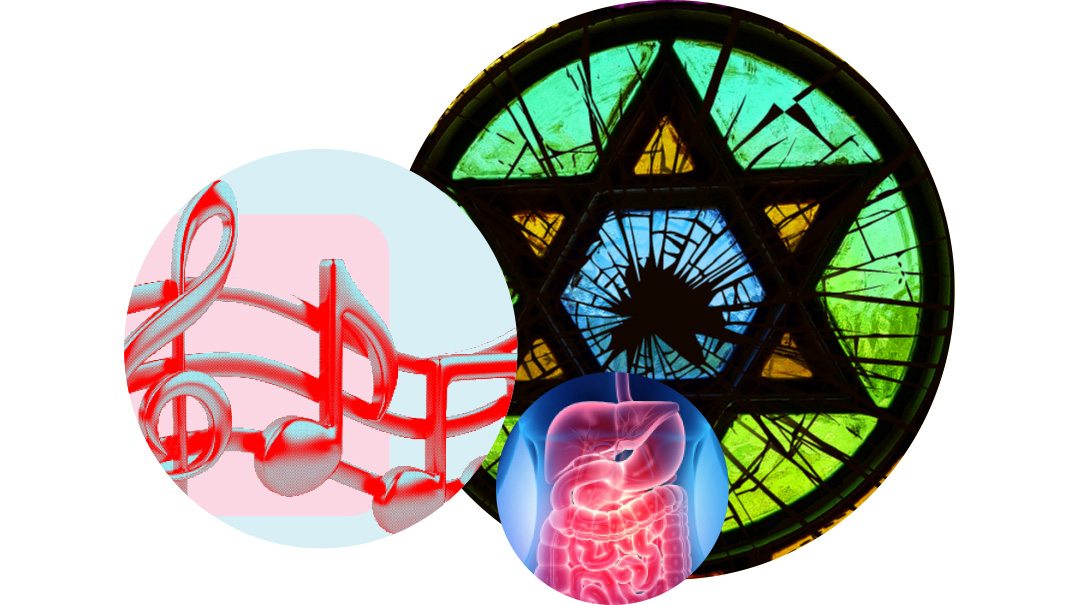
IBS Is Real [Medical Mystery/ Issue 806]
I read this article with interest because I suffer from IBS. Let me tell you something: IBS is real. Perhaps it’s over-diagnosed and slapped onto anyone with digestive issues, but as long as I follow the doctor’s advice, I’m fine. No medication — I just avoid raw fruits and vegetables (pure torture), and spicy or fried foods (not so difficult).
Mrs. Zippora Schwartz
Separating Abuse from Yiddishkeit [Shattered / Issue 804]
As a victim of spiritual abuse, I wanted to thank you for raising awareness about this unfortunate yet common phenomenon. Since it is all done “in the name of Hashem,” spiritual abuse is way harder to recognize than other forms of abuse. Victims are led to believe that Hashem is punitive, out to get them, and as a result they never feel spiritually satisfied.
When you abuse someone physically, you hurt their body; when you abuse someone spiritually, you destroy their soul. The sad reality of this type of abuse is that our relationship with Hashem is severed, and we lose our biggest tool with which to cope with challenges. The good news is that with the right help, we can reclaim that which is rightfully ours.
What helped me heal from my religious trauma was learning to separate the abuser from Yiddishkeit. Realizing that “the G-d I was raised with is not Hashem,” I opened room in my heart to look for true spiritual connection. Recognizing that the fear, OCD, and coercion I was raised with were stemming from unhealthiness and had nothing to do with Yiddishkeit helped me discover the loving Hashem that I know today.
Spiritually abused albeit still spiritually connected
Don’t Repackage It as Spiritual [Shattered / Issue 804]
Wow! The article on spiritual abuse brought up such mixed emotions for me. Most scenarios actually sound bad, but too frequent, for sure, when translated into a classroom setting. I think the following examples create the same feelings as those mentioned in the article. Is the school system abusive?
A teacher demanding respect because of derech eretz?
A preschool student encouraged (forced) to be mevater?
Stories to inspire (scare) students into davening with kavanah?
Often it seems that adults use spiritual terms instead of just saying what has to happen. Yes, Mommy or Morah can tell the child she has to give the doll to her friend. This is not being mevater. Calling it being mevater will give the child stifling connotations with the middah — which means it will take her tremendous strength to eventually learn more about this beautiful middah.
M. B.
Don’t Diet — Live Healthy [Inbox/ issue 804]
I really appreciate what the letter writer said about restrictive diets being unmanageable. I don’t believe in the concept of diets, as the whole idea around them is, just that — restrictive!
Food diets, spending diets, or any other diets you place on yourself just make you feel deprived and cause the brain to focus on what you can not have. There is a better way. It’s called living a healthy lifestyle. In my field, that means eating more healthy foods, but it also means drinking enough water, sleeping better, staying calmer using mindfulness, meditation, journaling, walking, or whatever works for you to lower your stress level, having healthy relationships, spending time outdoors, movement, managing money, having a spiritual connection to something greater than yourself... It should never only be about the food.
The letter writer also wrote about not wanting to feel guilty eating “basic foods that Hashem created for us to eat,” like dairy and wheat, and she’s so right! This is what I really feel the need to comment on as I see this as something Yidden, who have a mitzvah to protect their bodies, must be aware of. The dairy and wheat (and corn and soy) of today are not the same foods Hashem gave us.
Hashem created the body, and a world that can provide the exact foods and medicines for that body. The kinds of chronic diseases, like autoimmune diseases, gastric diseases, and neurological disorders, that we are fighting today, more than ever before in history, should be warning enough that the foods we are feeding ourselves and our families are not what Hashem created for us to eat — they are what scientists, corporations and factories are creating for us to eat, and that is not the same. Our bodies weren’t designed to digest these “foods,” engineered by men, properly. When we actually eat the foods Hashem gives us, and live our best life, our bodies know exactly what to do.
Bryna Chinn, Holistic Health Practitioner
Chicago, IL
Practical Ways to Help [Know This / Issue 804]
I want to commend Rebecca Felbaum Steier on her “Know This” article about the challenges a widow often deals with. I don’t know how she managed to cover so very many issues, so meaningfully, in one article! I loved the practical suggestions and the stories. The one about the man who came to Avos U’banim to see if anyone needed someone to learn with... the advice before the daughter’s chasunah... the Chanukah gifts during chicken pox... all of the examples and suggestions here are so important.
Ultimately, mi k’amcha Yisrael. Everyone is really well-meaning and wants to help. Most just don’t know how!
Thank you for the service you are doing for our “community” with articles like this one.
Shani (Stefansky) Waldman
Cofounder, Samchainu
Music as Lifeblood [Half Note]
I’m loving Esther Kurtz’s new serial, Half Note. Coming from a family of musicians, it’s so refreshing to have characters who actually appreciate and understand music, and don’t just think it’s some nice luxury that people don’t really need. That may be true for some people, but for others, it’s not.
Music isn’t a luxury. It’s our lifeblood, as necessary for us as oxygen. Hashem created some people with an urge to create, a need to use their talents, and the frum world doesn’t acknowledge this often enough. All the Miriams and Shiras of our society see music as a nice add-on, but not possibly something that could actually be important in life. But those of us who are Evas, those of us who have that drive to create, couldn’t disagree more.
And it’s such a nice change to finally have our side of things portrayed in the frum world.
Also, my whole family got excited about 1812 Overture with cannons. Move over, Shira! We’re taking your ticket.
Rachel Gitter
(Originally featured in Family First, Issue 808)
Oops! We could not locate your form.

